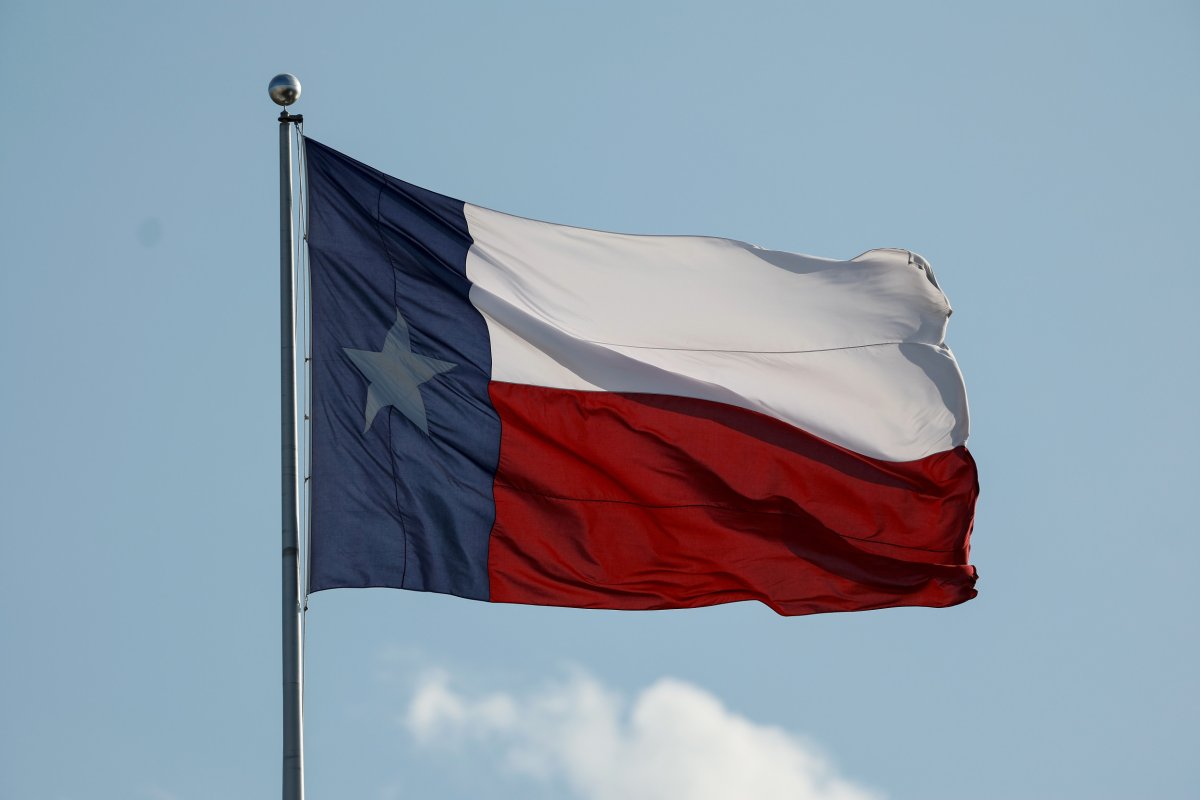The ongoing migrant crisis makes 44 percent of Texans either more likely or significantly more likely to support the state becoming a fully independent country, according to a survey conducted exclusively for Newsweek.
Another 35 percent said they were "neither more nor less likely" to back Texan independence due to the border situation, while 16 percent of respondents said it made them less likely to back secession from the United States.
Tensions between Texan and U.S. authorities have surged in recent weeks. The Supreme Court ruled on January 22 that federal agents can remove razor wire placed along the Texas-Mexico border on the orders of state Governor Greg Abbott. In response, Abbott said Texas was facing an "invasion" and invoked the state's "constitutional authority to defend and protect itself." This has sparked growing interest in whether Texas could become an independent nation, as it was between declaring independence from Mexico in 1836 and joining the United States in 1845.
Redfield & Wilton Strategies surveyed 814 eligible voters in Texas from February 1 to 3 on a variety of political questions. Asked "to what extent, if at all, does the current migrant crisis make you more or less likely to support independence from Texas," 23 percent answered "significantly more likely," with another 21 percent for "more likely." The biggest single group, at 35 percent, said it made them "neither more nor less likely" to support leaving the Union. Eight percent said the migrant situation made them "less likely" to back secession, with another 8 percent for "significantly less likely."
Daniel Miller, president of the pro-independence Texas Nationalist Movement, told Newsweek that the migrant situation shows why Texas needs to leave the Union, a process he dubs Texit. Miller said: "There is no clearer example of why Texas needs independence than the federal government's destruction of our southern border and their pro-cartel immigration policies.
"The more the federal government doubles-down on its anti-Texas border policies, the stronger our support becomes," Miller added. "This is why we will win referendum on Texit."
The survey also asked "to what extent, if at all, would you support or oppose Texas succeeding seceding from the United States and becoming an independent republic."
In response, 17 percent said they would "strongly support" this, with another 16 percent for "support" and 21 percent for "neither support nor oppose." However, 12 percent said they would "oppose" independence, with another 27 percent for "strongly oppose," and 7 percent saying they were unsure.

However, when asked how they would vote in a hypothetical referendum on the question of "Should Texas be a state within the United States or should Texas be an independent country?" only 23 percent said "an independent country," with 67 percent opting for "a state within the United States."
Responding to these questions, Professor Matt Qvortrup, a political scientist who specializes in independence movements and wrote I Want to Break Free: A Practical Guide to Making a New Country, told Newsweek the results indicate Texan nationalism should be taken seriously.
Qvortrup said: "These are not bad polls. In fact, they suggest that those who want 'Texit' are at the same level of support as those who supported Brexit in 2010—and, of course, that changed.
"In Catalonia, Quebec, and in Scotland, support for independence was in the twenties when the issue was first discussed. This has in all cases moved within touching distance of independence. The polls may seem disheartening to those who believe that Texit is imminent," Qvortrup added. "But these percentages should worry those who—like Governor Abbott—who are against Texit."
Uncommon Knowledge
Newsweek is committed to challenging conventional wisdom and finding connections in the search for common ground.
Newsweek is committed to challenging conventional wisdom and finding connections in the search for common ground.
fairness meter
To Rate This Article
About the writer
James Bickerton is a Newsweek U.S. News reporter based in London, U.K. His focus is covering U.S. politics and world ... Read more
To read how Newsweek uses AI as a newsroom tool, Click here.








